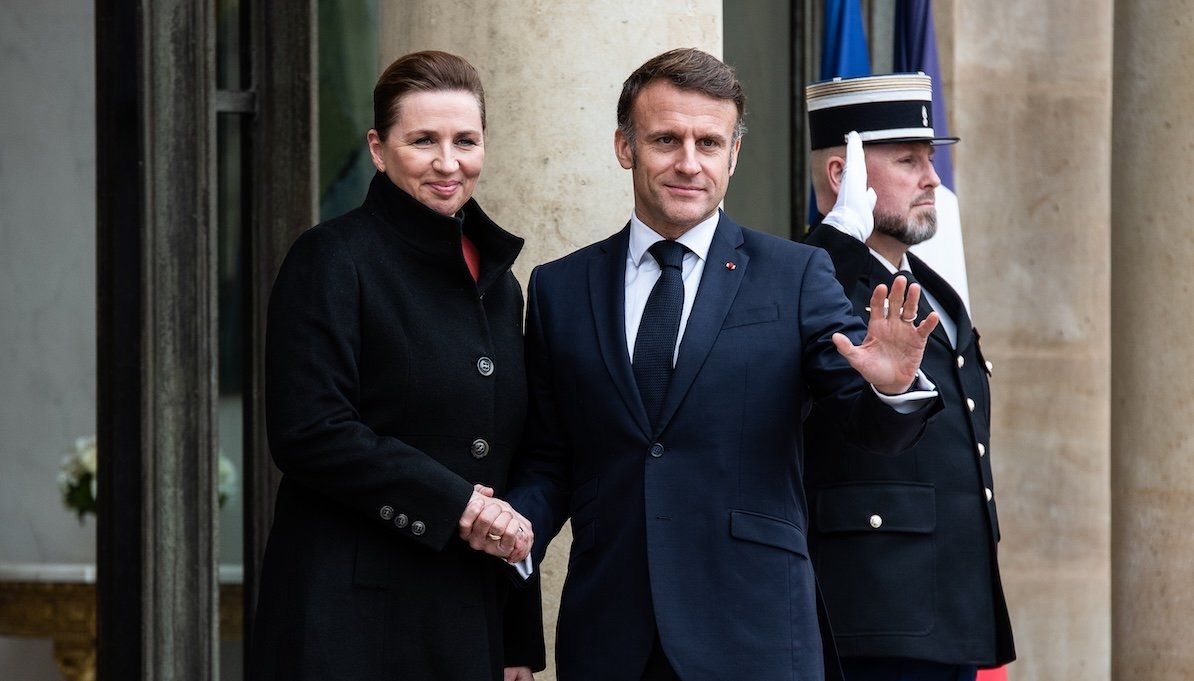Geopolitics are heating up in the Arctic. Inan interview Tuesday, French Foreign Minister Jean-Noël Barrot said Paris had started talking with Copenhagen about sending troops to Greenland, and that the Danes are “open to considering it if our security interests are at stake.” When asked whether the US would invade Greenland, Barrot said, “That won’t happen … No one has any interest in entering into conflict with the European Union.” However, he added that “if Denmark requests the solidarity of the European Union member states, France will be ready to respond.”
Barrot isn’t the only European politician speculating on the need for military defense of Greenland. On Monday, the EU’s Military Committee head, Austrian Gen. Robert Brieger,floated the possibility of deploying EU troops to the island. And during a recent visit to Berlin by Denmark’s Prime Minister Mette Frederiksen, German Chancellor Olaf Scholzstressed that “Borders must not be moved by force – to whom it may concern” – a not-so-subtle jab at US President Donald Trump, who has spoken about taking Greenland.
How might a deployment of French troops be received in Washington? Eurasia Group’s US director Clayton Allen says the US president would likely see it as a challenge. “Trump would see any move by France to send troops to Greenland as an escalation from what is, to him, a purchase attempt,” he says.
“It would give Trump or those around him a convenient and tangible justification for NATO pullback; if France deploys troops to counter US interests, why should the US expend resources on their defense?”
So far, the Danes are playing it cool. On a whirlwind tour of three European capitals this week, Frederiksen
said she had “no reason to believe that there is any military threat to Greenland or Denmark,” but her government recently announced
a €2 billion investment in Arctic defense, including three new navy vessels. When asked about the relationship between Europe and Trump,
Frederiksen commented, “I think everyone in Europe can see that it will be a different collaboration now.”
